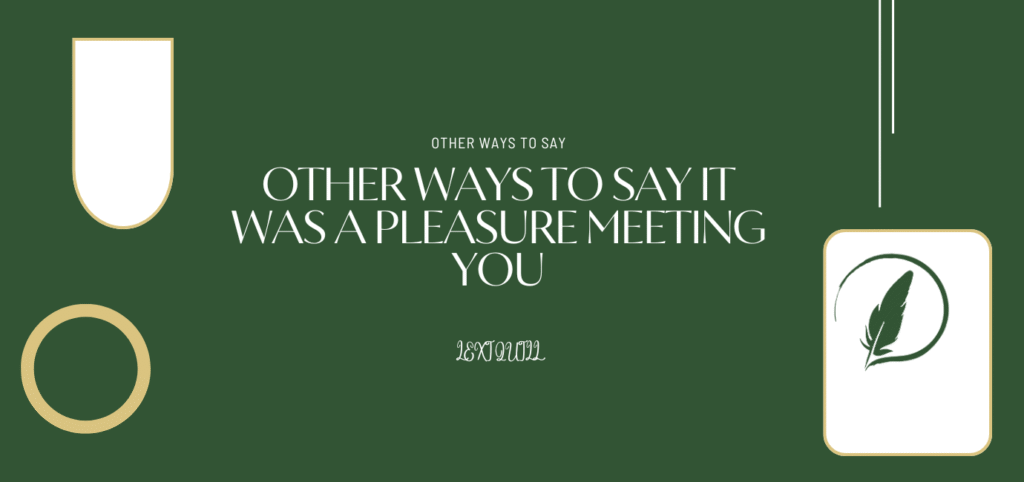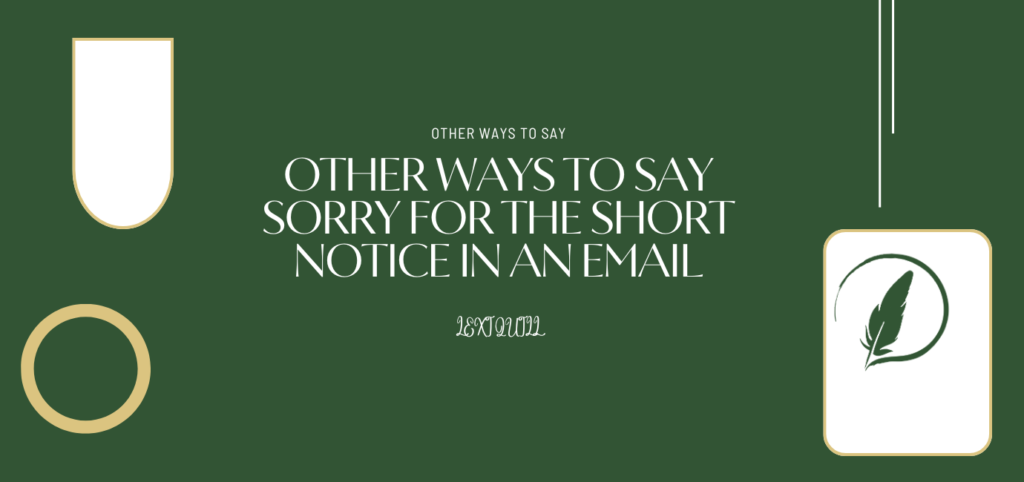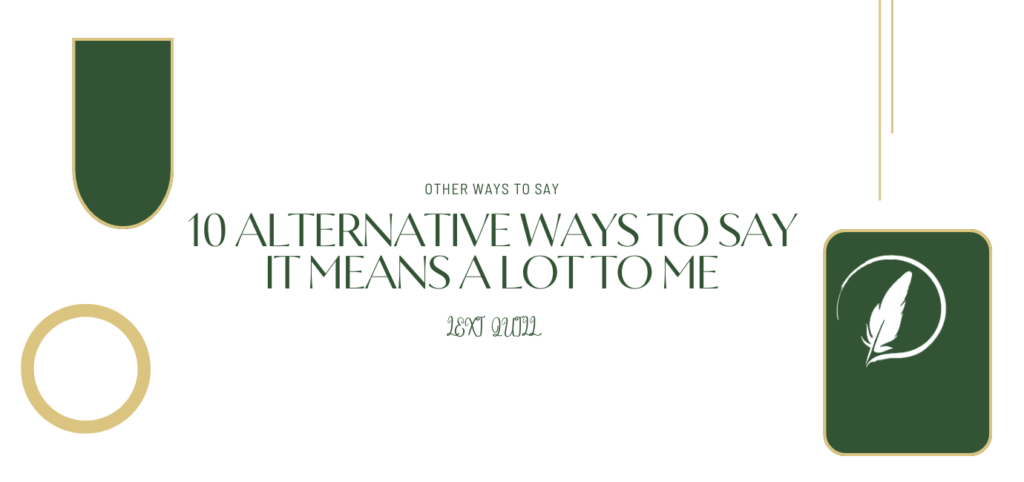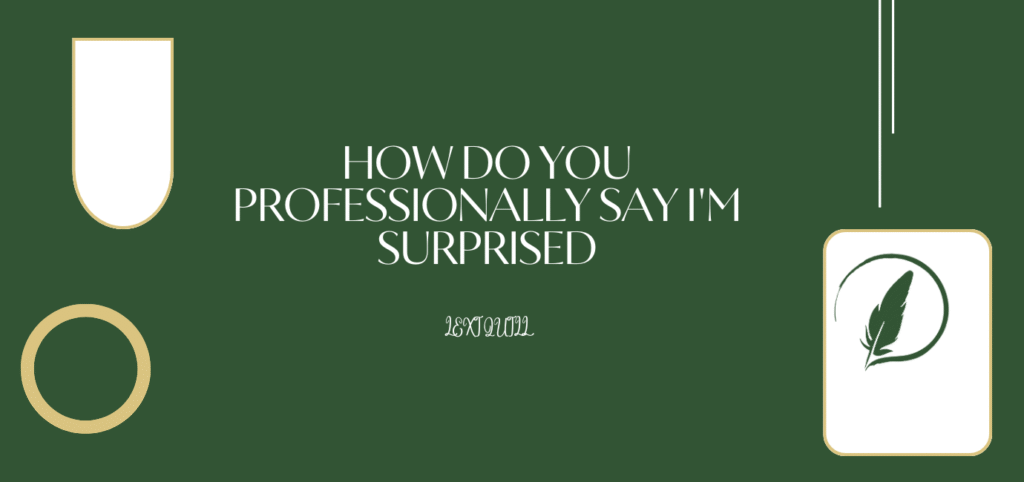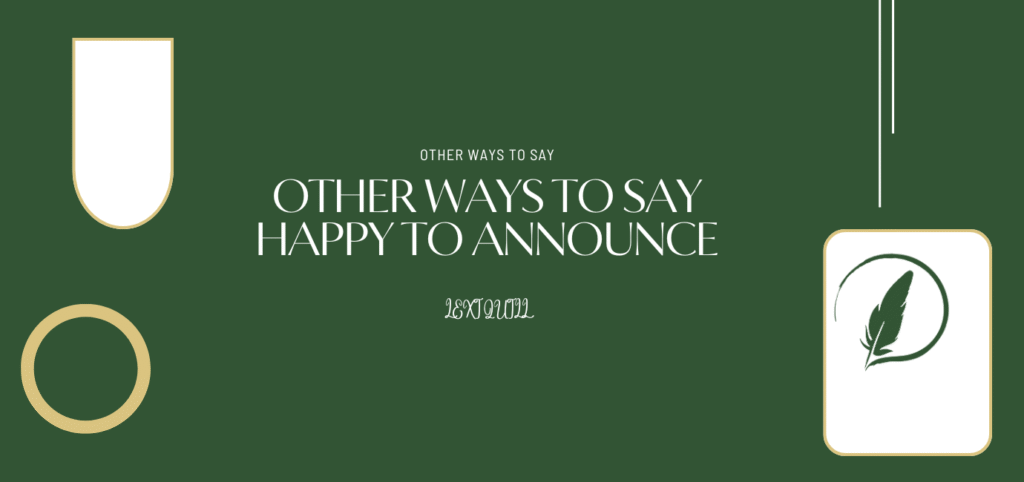In professional settings, language shapes perception. Whether you’re wrapping up an email, ending a meeting, or saying goodbye to a colleague, the way you express well-wishes matters. One common phrase many use in casual contexts is “take care.” While it’s friendly and kind, it may come across as too informal or ambiguous in certain business environments. So, how do you professionally say take care without sounding cold or robotic?
This article offers practical and polished alternatives to the phrase “take care,” empowering professionals, students entering the workforce, and business communicators to elevate their language. We’ll explore various professional synonyms for “take care” that suit different workplace situations while enhancing clarity and professionalism.
Why Replace “Take Care” in Professional Communication?
While “take care” is universally understood and empathetic, it may lack the formality or specificity often expected in professional correspondence. Choosing a business synonym for “take care” can help you:
- Leave a strong, professional impression
- Align with industry norms or corporate tone
- Show cultural and contextual awareness
- Maintain credibility and respect in formal exchanges
Let’s explore nuanced alternatives that fit a variety of professional scenarios.
Option 1: “Best Regards” – A Timeless Email Sign-Off
Nuance & Meaning:
“Best regards” is one of the most widely accepted and versatile closings in business communication. It’s respectful and cordial, yet still maintains professionalism.
When to Use:
Perfect for emails to colleagues, superiors, clients, or external contacts when ending on a polite note without excessive warmth.
Example Sentence:
I look forward to discussing the proposal further. Best regards,
James Peterson
Related Synonyms:
- Kind regards
- Warm regards
- With regards
Option 2: “Wishing You Well” – A Thoughtful Professional Gesture
Nuance & Meaning:
This phrase conveys genuine goodwill without straying too far into informality. It’s ideal when acknowledging a personal circumstance (e.g., illness, travel, transitions).
When to Use:
Use when acknowledging life events or ending a conversation on a thoughtful, human note.
Example Sentence:
I hope your transition to the new role goes smoothly. Wishing you well,
Emily
Related Synonyms:
- All the best
- Sending my best
Option 3: “Stay Safe” – Context-Aware and Appropriate
Nuance & Meaning:
“Stay safe” became popular during times of health or global concerns but remains a solid, respectful sign-off in emails or messages that reference wellbeing or travel.
When to Use:
Use in external communications or internal messaging when referencing challenging circumstances, health, or business trips.
Example Sentence:
I hope everything goes smoothly during your travels. Stay safe,
Ahmad
Related Synonyms:
- Be safe
- Safe travels (if contextually relevant)
Option 4: “Take It Easy” – A Relaxed but Cautiously Used Phrase
Nuance & Meaning:
Though casual, “take it easy” can be used in relaxed business cultures where tone and camaraderie matter.
When to Use:
Use with peers or teammates in informal chat threads, Slack channels, or in-person goodbyes when you’re sure the tone is appropriate.
Example Sentence:
Great work on the campaign this week—take it easy this weekend!
– Jordan
Caution:
Avoid using with higher-ups or in formal documents.
Option 5: “All the Best” – A Versatile, Warm Closing
Nuance & Meaning:
“All the best” balances professionalism and warmth. It’s a friendly, adaptable farewell phrase that still maintains business tone.
When to Use:
Suitable for most workplace interactions—especially when offering parting words or encouragement.
Example Sentence:
Congratulations on the promotion. All the best in your new role.
– Marie
Related Synonyms:
- Best of luck
- Every success
Option 6: “Take Good Care” – A Slightly More Formal Version
Nuance & Meaning:
This slight variation adds a bit more structure and formality to the casual “take care.” It’s still warm, but can sound more intentional.
When to Use:
In emails or conversations that aim to express support while retaining professionalism, particularly during transitions or sign-offs.
Example Sentence:
I enjoyed our discussion today. Looking forward to working together—take good care.
Option 7: “I Hope Everything Goes Well” – Professional and Specific
Nuance & Meaning:
Rather than a general “take care,” this phrase expresses a clear sentiment of support or goodwill tailored to a specific situation.
When to Use:
Best used when someone is about to undertake something important (a project, meeting, move, etc.).
Example Sentence:
Good luck with the client presentation tomorrow—I hope everything goes well.
Related Synonyms:
- Hope all is well
- I wish you success
Why Professional Language Matters
Choosing professional language isn’t about sounding robotic—it’s about intentionality and clarity. The phrases we use reflect how we view others, how we manage relationships, and how we represent ourselves and our companies.
Professional alternatives to casual phrases like “take care” allow you to:
- Convey respect and consideration
- Strengthen workplace relationships
- Avoid tone misinterpretations
- Present yourself as articulate and aware
Conclusion:
The next time you’re tempted to sign off with “take care,” consider the tone, audience, and context. Whether you choose “best regards,” “wishing you well,” or “all the best,” these professional synonyms for “take care” enhance how you’re perceived in business communication. How do you professionally say take care? Now you know — it’s all about choosing the right tone and phrasing to suit the context. Start incorporating these alternatives into your workplace emails, messages, and conversations to build a more polished and effective communication style.


